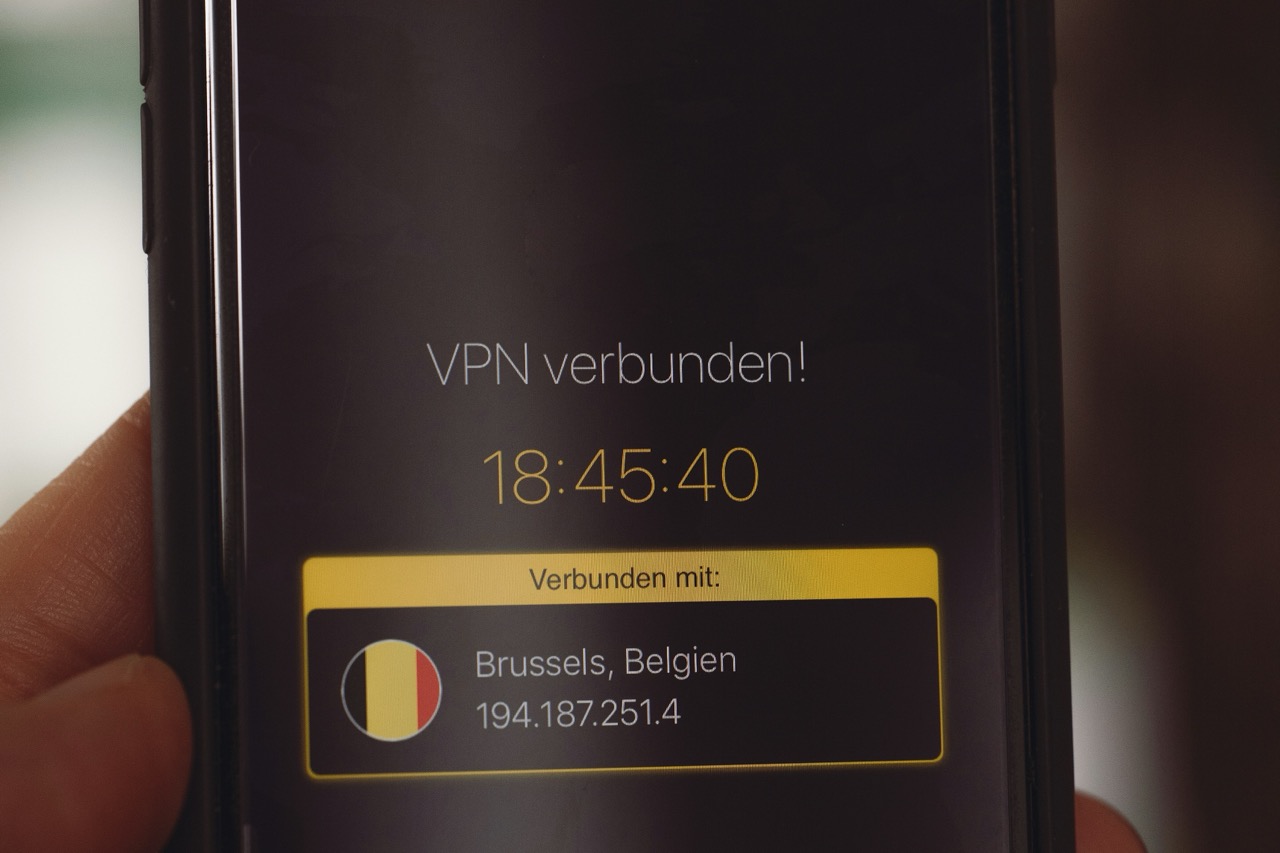In an increasingly digital world, maintaining online anonymity has become paramount for both individuals and organizations. As cyber threats proliferate, the need for robust privacy measures has led to the widespread adoption of proxies. These intermediary servers act as a gateway between users and the internet, providing a layer of anonymity that can protect personal information and enhance online privacy. This article delves into the mechanisms behind proxies, evaluates their effectiveness, and outlines best practices for implementing them in secure browsing.
Understanding the Role of Proxies in Online Privacy Enhancement
Proxies serve as intermediaries that relay requests from users to the internet and return responses back to the users. This redirection of traffic is crucial for enhancing online privacy because it obscures the user’s original IP address, making it more challenging for third parties to track online activities. By acting as a shield, proxies significantly reduce the risk of data exposure to potential threats such as hackers and unsolicited advertisements.
Moreover, proxies can also facilitate secure access to restricted content by masking the geographic location of the user. This is particularly relevant in cases where users wish to access region-specific content or evade censorship imposed by certain jurisdictions. By utilizing proxies, individuals can freely navigate the internet while maintaining their anonymity, thereby enhancing their overall online experience.
Finally, the role of proxies extends beyond mere anonymity; they can also improve performance and speed by caching content and reducing latency. This dual benefit of enhanced privacy and improved performance makes proxies an essential tool for users who prioritize both security and efficiency in their online activities.
Mechanisms of Anonymity: How Proxies Mask User Identity
The primary mechanism through which proxies achieve anonymity involves IP address masking. When a user connects to the internet through a proxy, their requests are routed through the proxy server, which replaces the user’s IP address with its own. This means that the destination server only sees the proxy’s IP address, effectively concealing the user’s true identity. As a result, online activities become less traceable, thereby protecting user privacy from prying eyes.
In addition to IP masking, proxies can utilize various protocols to further enhance user anonymity. For example, some proxies implement encryption methods that secure data transmitted between the user and the proxy server. This ensures that even if data packets are intercepted, the information remains unreadable to unauthorized parties. Secure Sockets Layer (SSL) and Transport Layer Security (TLS) protocols are often employed to provide this level of encryption, which adds another layer of security to the user’s online interactions.
Another important aspect of anonymity provided by proxies is the management of browser fingerprinting techniques. Many online services utilize fingerprinting to track users based on their browser settings and behaviors. Proxies can help mitigate this by altering or anonymizing the information sent to websites, thereby making it harder for services to build a comprehensive profile of the user. By offering multiple layers of anonymity, proxies significantly enhance the protection of personal identity in the digital realm.
Types of Proxies: Evaluating Their Effectiveness for Anonymity
Several types of proxies exist, each with varying degrees of effectiveness regarding user anonymity. Transparent proxies, while useful for content filtering, do not provide anonymity as they pass along the original IP address. These proxies are often employed by organizations for monitoring internet usage but do not enhance privacy. Conversely, anonymous proxies do not reveal the user’s IP address, providing a basic level of anonymity for users seeking to mask their identity while browsing.
High anonymity proxies, also known as elite proxies, are the most effective for maintaining user privacy. They completely hide the user’s IP address and do not identify themselves as proxies to destination servers. This level of anonymity is ideal for users concerned about extensive tracking and surveillance. However, elite proxies may come at a higher cost, and their effectiveness can vary based on the service provider and server quality.
Another emerging type of proxy is the residential proxy, which utilizes real IP addresses from residential locations instead of data center IPs. This type of proxy is particularly effective in evading detection and bans, making it popular among businesses seeking to conduct market research or web scraping without attracting unwanted attention. Each proxy type has its own advantages and limitations, and users should carefully evaluate their specific privacy needs when selecting a proxy solution.
Implementing Proxies: Best Practices for Secure Online Browsing
When implementing proxies, it is crucial to select reputable proxy providers that prioritize security and user privacy. Users should conduct thorough research on the service provider’s privacy policies, encryption practices, and user reviews. Ensuring that the provider does not log user activity or share personal information with third parties is essential in maintaining anonymity.
Additionally, users should combine proxy usage with other security measures to achieve optimal online protection. For instance, integrating a virtual private network (VPN) with proxies can offer enhanced security through double encryption. While proxies can mask IP addresses, VPNs encrypt all internet traffic, providing a more robust defense against potential data breaches and surveillance.
Lastly, users should remain vigilant about their online behavior even while using proxies. Avoiding the disclosure of personal information and being cautious about the sites accessed can further reinforce anonymity. Regularly updating software and using secure browsers that block tracking scripts can also enhance security. By following these best practices, users can effectively harness the power of proxies to enhance their online anonymity.
In conclusion, proxies play a vital role in enhancing online anonymity by masking IP addresses and providing additional layers of security. Understanding the various types of proxies and their mechanisms is essential for users who wish to protect their privacy in the digital landscape. By implementing best practices and remaining vigilant about their online activities, individuals and organizations can significantly improve their anonymity, thus navigating the internet with greater confidence and security.










